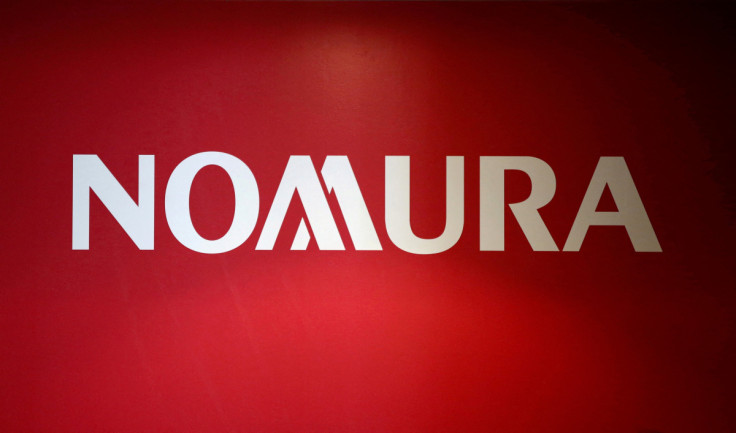
In an extraordinary demonstration of corporate accountability, senior executives at Japanese banking giant Nomura have volunteered temporary pay cuts following allegations that a former employee committed theft, arson, and attempted murder. This incident, which has rocked the country's financial sector, underscores the commitment of Japanese corporate culture to take responsibility for institutional failures.
A Shocking Crime Uncovered
The controversy began in late July when a Nomura employee allegedly stole money from clients during a home visit and set fire to their property. According to the bank, the former employee admitted his crimes to his Hiroshima branch manager on 2 August, prompting immediate disciplinary action. The individual was dismissed on 4 August, arrested on 30 October, and formally charged on 20 November.
Nomura expressed its deepest sympathies to the victims and issued a formal apology. "We would like to express our heartfelt sympathy and apologise to our clients who suffered because of this incident. We take this matter very seriously and are committed to ensuring such an incident never happens again," the bank said in a statement.
Executive Pay Cuts as Accountability
As part of its response to the scandal, Nomura's leadership team has taken voluntary pay cuts to demonstrate accountability. CEO Kentaro Okuda will forgo 30% of his salary for three months, amounting to a significant financial gesture. Additionally, nine other executives will return between 20% and 30% of their pay for the same period.
Based on estimates, Okuda's salary reduction would equate to tens of thousands of pounds (likely upwards of £70,000 or $88,000), while other executives are expected to return similar amounts proportionate to their positions.
Nomura described these actions as necessary to rebuild trust with clients and the public. "We recognise the gravity of the situation and are committed to making changes to prevent further incidents," the statement read.
Measures to Prevent Future Incidents
In addition to the pay cuts, Nomura has implemented stringent measures to ensure such misconduct is not repeated. These include:
- Requiring managers to accompany employees during client home visits and calls.
- Enhanced monitoring of employee activities using data from company-issued mobile phones and dashboard cameras.
- Mandatory blocks of continuous leave for employees to detect and deter potential wrongdoing.
The bank also plans to enhance training and monitoring systems to strengthen oversight of its wealth management operations.
An Honourable Tradition in Japan
Nomura's decision aligns with a long-standing tradition of Japanese executives taking responsibility for organisational failings, even when not personally involved.
Earlier this year, Masaaki Moribayashi, president of NTT West, resigned following a leak of nine million customer records by a subsidiary. Similarly, in 2022, Itaru Nakamura, the head of Japan's National Police Agency, stepped down after the assassination of former Prime Minister Shinzo Abe highlighted security lapses.
Contrast with Global Banking Scandals
Nomura's approach stands in stark contrast to scandals in Western banking circles, such as the infamous case of Fred "the Shred" Goodwin. The former CEO of the Royal Bank of Scotland (RBS) was widely criticised during the 2008 financial crisis. Under Goodwin's leadership, RBS reported a staggering £24.1 billion annual loss, the largest in British corporate history, before being bailed out by the government. Despite this, Goodwin initially retained a lavish pension of over £700,000 per year (approximately $881,000), sparking public outrage.
Goodwin later agreed to reduce his pension by £200,000 ($252,000) annually, but the case remains a symbol of perceived greed and lack of accountability in the financial industry.
Nomura's proactive measures and leadership pay cuts highlight the bank's determination to restore public trust. As one of Japan's largest financial institutions, with operations in 30 countries, the bank has significant reputational stakes. Its business spans wealth management, investment banking, global markets, and asset management.







